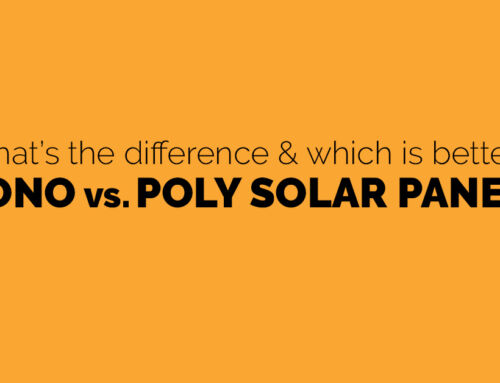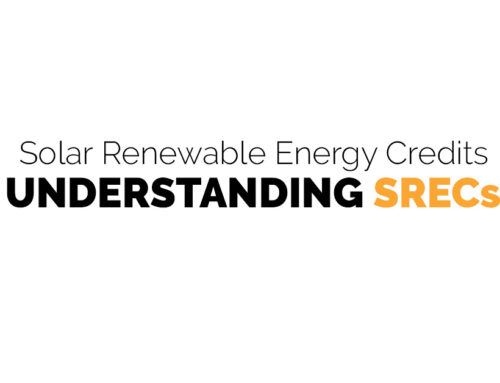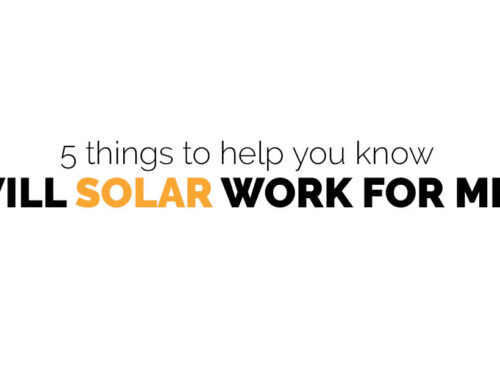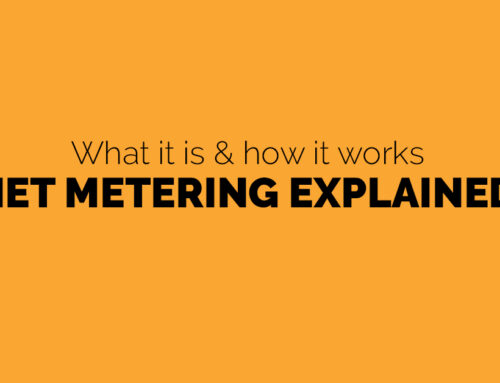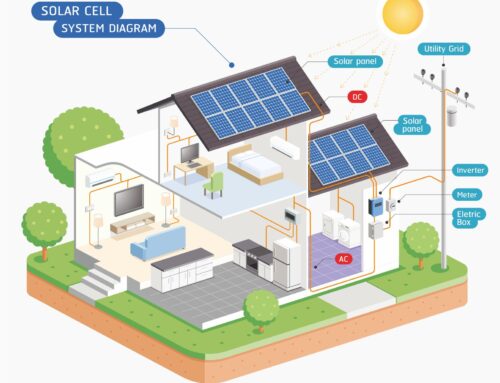Solar Owning vs. Leasing vs. PPAs
If you live in the around the Maryland, Pennsylvania and Delaware area, then you’ve definitely seen solar panels springing up everywhere. Whether it’s a solar panel utility field that you pass on your way to work, or your neighbors who installed panels on their roof, many businesses and homeowners have been reaping the benefits of solar energy. It is not hard to see all the benefits of solar energy, but not all solar programs are created equal. Read below to find out the key differences between owning your solar system, leasing your solar system or entering into a Power Purchase Agreement (PPA). All benefit from the energy provided by the Sun, but there are key differences that may make one option more attractive than the others.
Owning Your Solar System
This option is the best for those looking to maximize their ROI with solar. Owning your system puts you in complete control; you can pocket every incentive available to you, profit directly from the electricity produced by your system, and you don’t have to worry about any liens on your home affecting your future plans! Additionally, you can monitor the system’s performance, adjust its settings, and choose to use the energy it generates however you want. When it comes to choosing between these options, owning a solar panel system is generally considered the best option. This is because owning a solar panel system provides the greatest long-term financial benefits, including energy cost savings and increased home value. By owning your solar panel system, you can also take advantage of various financial incentives, such as tax credits, rebates, and net metering, which can help offset the cost of installation. With solar leasing and PPA’s, since you do not own your system, the company that you are leasing through benefits from all the tax credits and rebates. By owning your system, you have the freedom to add panels or a battery backup as your energy needs change!
However, owning a solar panel system does require a significant upfront investment, and it may not be the best option for everyone. Leasing or entering into a PPA can be a good option for non-homeowners or those who can’t afford to buy a solar panel system outright, as they require little or no upfront costs.
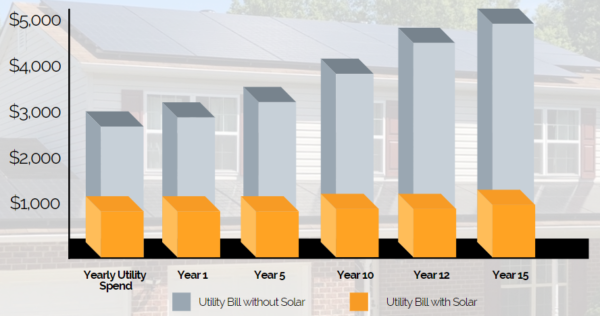
Solar Lease
With a solar lease, you agree to let a solar company install a system on your roof in return for a fixed monthly cost, typically lower than your current monthly electric bill. This means you don’t own the system, but you pay a monthly fee to use the energy it generates. In a lease agreement, the third-party company usually owns and maintains the solar panels, while you benefit from the energy savings. What they don’t tell you is that they keep all of the financial incentives (worth thousands of dollars) for themselves, and they put a lien on your home for the duration of the lease, typically 10-25 years. This can cause issues down the line if you choose to sell your home or want to refinance within the solar lease term. During the lease term, you benefit from the energy savings generated by the solar panel system, which can reduce your monthly electricity bills. Additionally, the solar company is responsible for the maintenance and upkeep of the system, so you don’t have to worry about any repair costs.
At the end of the lease term, you may have the option to renew the lease, purchase the system outright, or have the solar company remove the system. If you choose to purchase the system at the end of the lease term, you will typically pay a predetermined price that reflects the remaining value of the system.
Solar PPA (Power Purchase Agreement)
PPAs (Power Purchase Agreements) are extremely similar to solar leases, but you would pay a fluctuating rate instead of a fixed one. In a PPA, the solar energy provider installs a solar panel system on the property and sells the energy generated by the system to the property owner at a predetermined rate. While the rate would typically still be lower than the one you are currently paying, the PPA company reserves the right to steadily increase the agreed upon rate. They also carry the same issues mentioned with solar leases, including the lien on your home and the PPA company pocketing the financial incentives instead of you. Like a solar lease, the PPA contract typically lasts for a period of 10 to 25 years, during which time the solar energy provider is responsible for maintaining and operating the solar panel system. Like a solar lease, at the end of the PPA contract term, the property owner may have the option to purchase the solar panel system at a predetermined price, have the system removed, or renew the contract.
The Bottom Line:
Homeowners who decide to own their solar panels end up benefiting the MOST from their system long-term! However, we realize that owning a solar system may not the best option for every homeowner. That is why it is important to review your individual situation or reach out to a qualified solar contractor to get an honest estimate on your cost to go solar.


